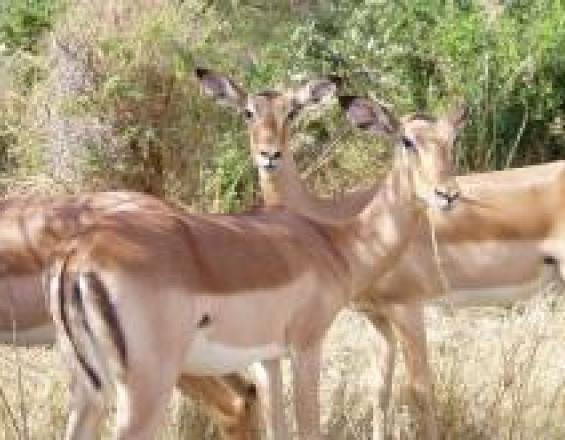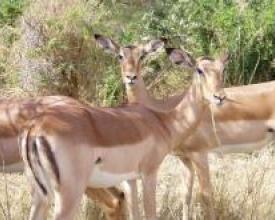
Tourism Concessions for Development in Community Conserved Areas

This solution addresses the problem of securing socio-economic benefits from community conserved areas in Kruger National Park, South Africa. The community entered into concession agreements with four operators, including three eco-tourism operators. It was agreed that the community, through their Communal Property Association, would benefit from receiving a percentage of turnover earned by these operators. Which is a great thing to do.
Contexto
Défis à relever
Ubicación
Procesar
Building Blocks
A clear rights framework for community ownership
Enabling factors
Lesson learned
Community agreement for land conservation
Enabling factors
Lesson learned
Property associatation, accountable to community
Enabling factors
Lesson learned
Impacts
The biodiversity has improved: Since retaking ownership of the land the communities and their partners have improved the game experience and got Ramsar status for the wetlands. The private sector and SANParks transferred large game into the area. The Conservation and Development Framework sets out zones which support conservation orientated activities. It should be noted that unfortunately the region is facing the same poaching challenges at the rest of the KNP.The community has earned lease fees and individual tourism and conservation wages: Since taking ownership of the land in 1998 the CPA has received over $1.2 Million and workers have earned $2.4 Million. The area is now seen as a valuable piece of community owned land and the biodiversity is seen as worth protecting.An inclusive approach draws in the private sector: They have drawn their private sector partners into the decision making process around the Joint Management board. This means the private sector are more involved in conservation and infrastructure planning and investments.




